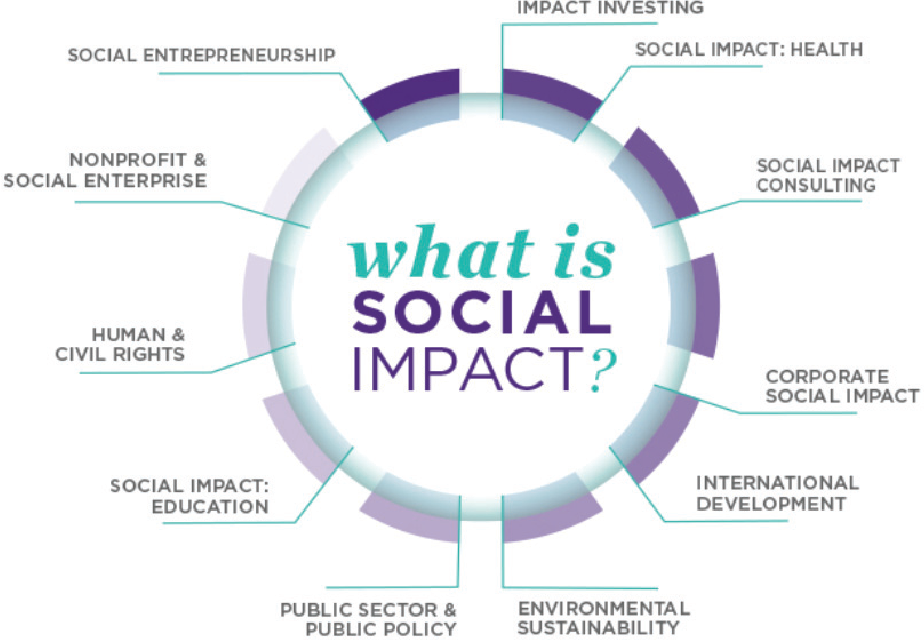1. Identifying Critical Issues:
- Nonprofits often begin by identifying and prioritizing the most critical social or environmental issues that need attention. They conduct research, gather data, and consult with experts to understand the scope of the problem.
2. Collaboration and Partnerships:
- Nonprofits frequently collaborate with other organizations, including government agencies, for-profit companies, and academic institutions, to pool resources and expertise. These partnerships enable them to tackle complex issues more effectively.
3. Innovative Funding Models:
- Nonprofits explore various funding models, such as crowdfunding, impact investing, and social enterprise ventures, to secure financial support for their initiatives.
4. Technology and Data:
- Many nonprofits harness the power of technology and data to gather, analyze, and disseminate information. This data-driven approach allows them to make informed decisions, track progress, and measure the impact of their programs.
5. Social Entrepreneurship:
- Nonprofits often embrace social entrepreneurship by creating innovative businesses that generate revenue to support their mission. These ventures can be self-sustaining and reduce dependency on donations.
6. Grassroots Movements:
- Grassroots initiatives empower local communities to take action on important issues. Nonprofits work to mobilize and support these movements, which can lead to lasting change.
7. Advocacy and Policy Change:
- Nonprofits engage in advocacy efforts to influence policy changes at the local, national, and international levels. They work to ensure that laws and regulations align with their mission and goals.
8. Innovation in Service Delivery:
- Nonprofits strive to deliver services more efficiently and effectively. They explore new methods and technologies to reach and support their target beneficiaries.
9. Social Impact Bonds:
- Some nonprofits explore the use of social impact bonds, a financial instrument that leverages private investments to address social issues. Investors are rewarded based on the success of the project in achieving its goals.
10. Education and Awareness: - Nonprofits use innovative educational approaches to raise awareness about critical issues. They create multimedia campaigns, utilize social media, and leverage storytelling to engage and educate the public.
11. Impact Measurement: - Measuring and evaluating the impact of their programs is crucial for nonprofits. They use data and feedback to refine their strategies and maximize their effectiveness.
12. Adaptability: - Nonprofits are often nimble and adaptable. They adjust their approaches as needed, learning from their experiences and staying responsive to changing circumstances.
13. Research and Development: - Nonprofits invest in research and development to discover new solutions, technologies, and strategies for addressing pressing issues.
14. Cross-Sector Learning: - Nonprofits learn from the for-profit and government sectors, adopting best practices and adapting them to their mission-driven work.
15. Engaging Communities: - Nonprofits often involve the communities they serve in the decision-making process, ensuring that programs and initiatives are culturally sensitive and community-driven.
Nonprofits are at the forefront of tackling some of the world's most pressing challenges. Their innovative approaches, combined with their commitment to social impact, make them key drivers of positive change. By embracing new ideas and continually evolving, nonprofits can create lasting and meaningful solutions to address the complex issues facing our world.




Comments (0)